‘White-hot anger’: How the words of a late Cairns mayor have proven prescient ahead of election
As citizens lose confidence in the state government, expectations for the council to solve the region’s most challenging problems have grown, according to a dozen Far North leaders.
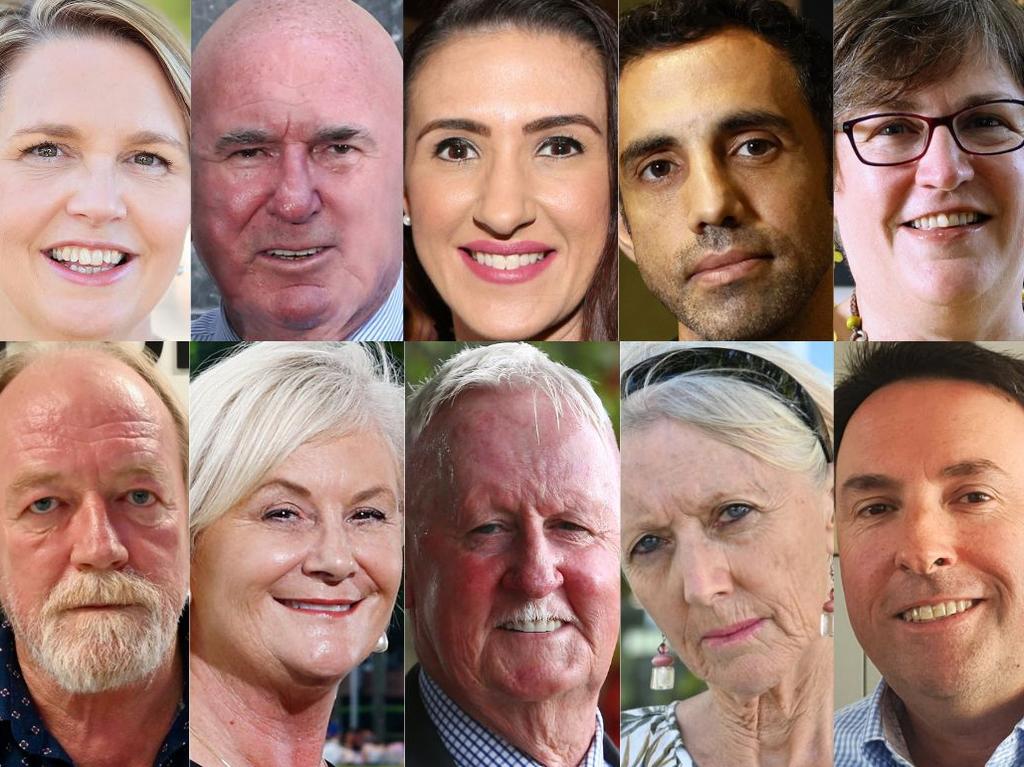
Cairns
Don't miss out on the headlines from Cairns. Followed categories will be added to My News.
In the few months before he died, former Cairns mayor Kevin Byrne said crime would be “the key election issue” ahead of the 2024 Cairns Regional Council election.
Extensive consultation by the Cairns Post has found Mr Byrne’s prediction was spot on; the king tide of youth crime is still the paramount problem the city wants solved.
“There’s white-hot anger that this issue has been allowed to grow and fester,” Mr Byrne told the Cairns Post in August 2023.
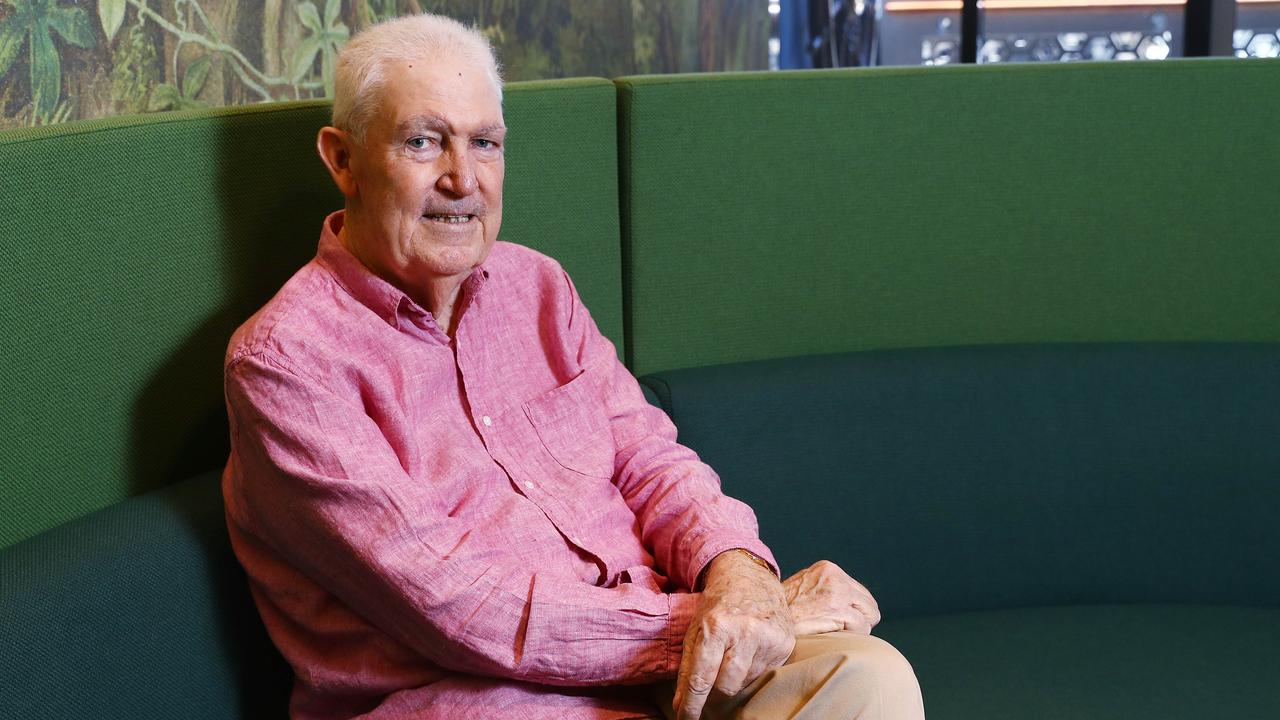
But voters’ expectation of council may have outpaced the reality of council’s capabilities, according to Adam Stephen, host of ABC Far North’s Drive program, who has reported on three Cairns Regional Council elections.
“A lot of people in Far North Queensland are either victims of crime or know someone who is. There’s a perception in parts of the community that council has a role to play in stomping the problem out,” Mr Stephen said.
“The reality is they’ve got a small role to play. What the council can actually deliver is yet to be seen.

“A lot of people vote on emotion, so it depends what’s happened to people in the past four years and who they hold responsible for that.
“There have been elections where crocodile management, flying fox management, Bob Manning’s ‘green train’ and developments that never materialised were big talking points.
“It’s pretty simple with this one: development in the flood plains, housing availability and crime.
“The big sleeper in this election is how much impact the post-Jasper response will have.”
After consulting more than a dozen community leaders from a diversity of sectors who regularly take the community’s pulse, the Cairns Post identified nine burning topics that are likely to guide voters’ pencils at the March 16 ballot box.
Law and order
The escalation of Far North crime rates is one of the most common conversation topics in Cairns.
Youth criminals have driven unprecedented spending on home security, inflamed the headaches of an overstretched police force and brought the viability of CBD business trading into question.
If all the vehicles stolen in the Far North since January 2020 were stacked on top of each other, the tower of theft would be six times higher than the 828-metre Burj Khalifa, the world’s tallest building.
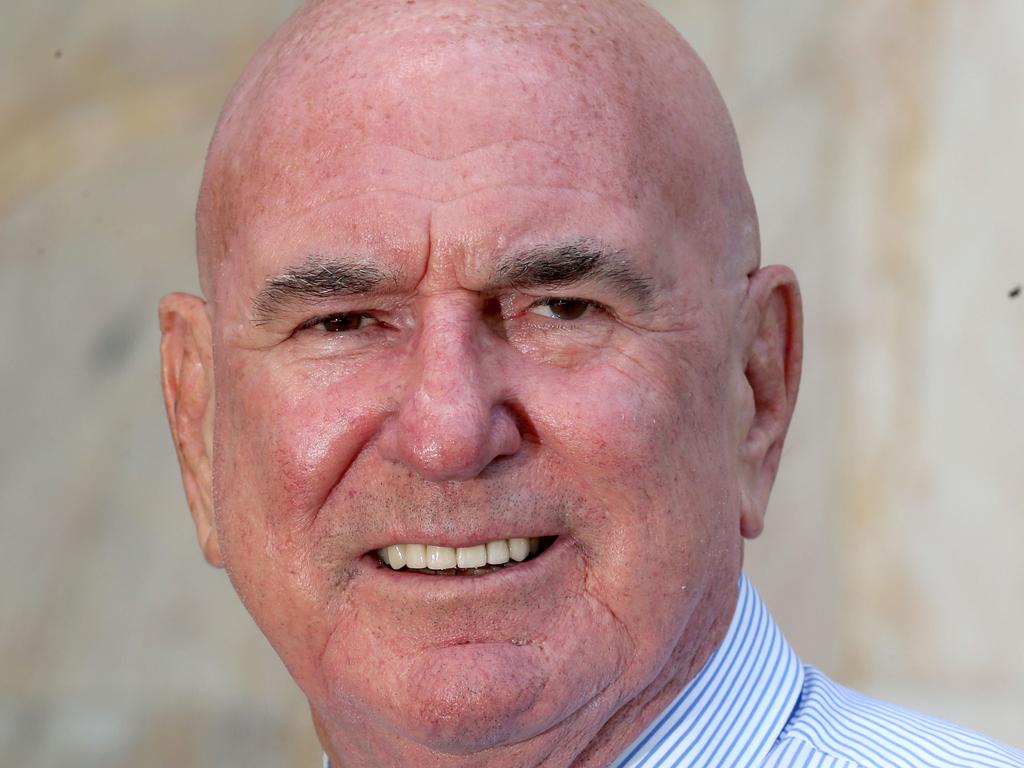
“If you ask people what they don’t like about living in Far North Queensland, 80 per cent will say ‘the crime’,” John Mackenzie, host of 4CA’s popular morning show, said.
“People have stopped relying on the Queensland Government to fix the problem.
“I do wonder what local government policies can be formulated to work with the state government to address this issue.”
Housing availability
The region needs more than 11,000 houses over the next decade to meet demand.
Billy Gartner, director of Edge Hill’s Professionals real estate, said some tenants had begun to voluntarily offer to pay more rent to avoid the daunting search for a new home.
“The thing we’re hearing about the most is the absence of affordable housing,” Mr Gartner said.
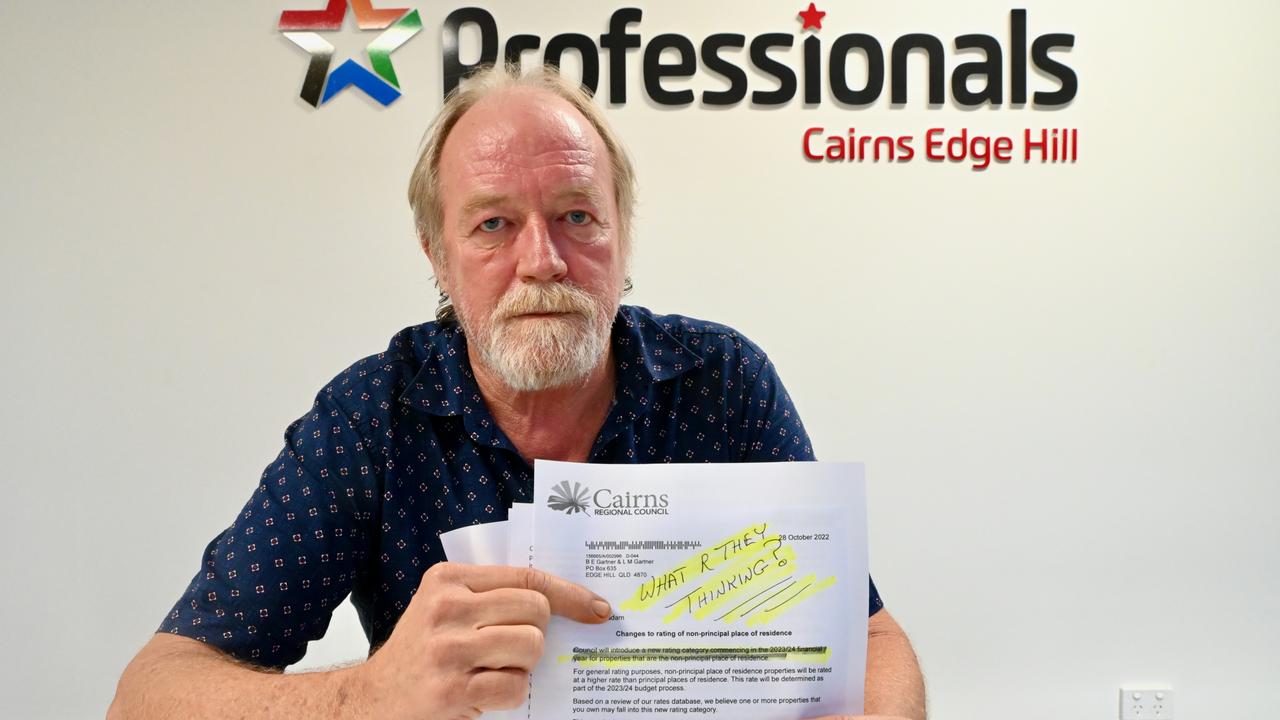
“Local government is going to have to work with higher powers to provide housing accommodation.”
Advance Cairns chairman Nick Trompf said the future growth of Cairns was a big issue.
“We’re a skinny city and we’re running out of land,” Mr Trompf said.
“The most common narrative is the city needs density, especially in areas like the CBD and nodes such as Edmonton and Smithfield.
“There’s no doubt growth will continue … Cairns is at the pointy end of what is now a national problem.”
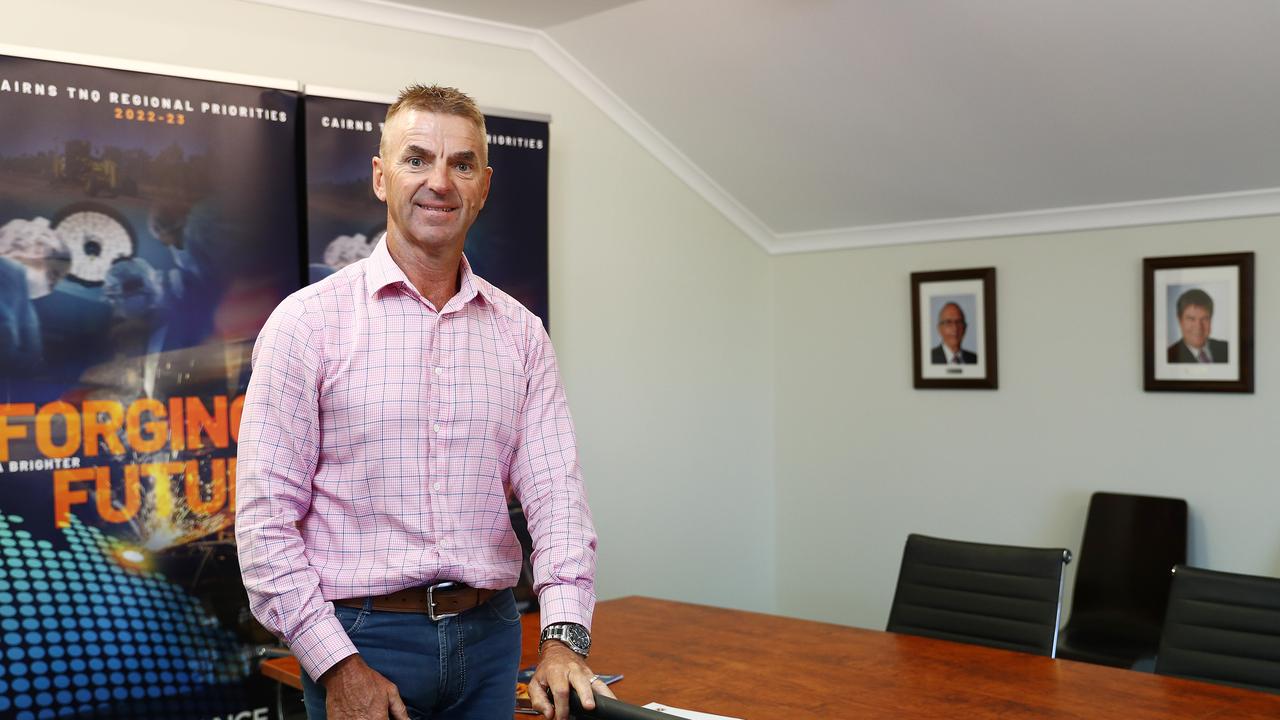
Jasper management and recovery
The one-in-100-year flooding that followed ex-Tropical Cyclone Jasper seized the nation’s attention.
Sections of highways were obliterated, scores of homes were besieged by torrents of water and the region’s water network was suffocated by debris.
Danae Jones, a local public relations expert, said the disaster has weighed heavily on the minds of many residents who wanted to know how authorities were caught off guard.

“Council did the best they could with the resources they had at their disposal … but there were only limited people with solid disaster management experience working around the clock … our local disaster management team was very thin on the ground,” Ms Jones said.
“As a community we are all hopeful that the hard questions are being asked as part of the independent review that’s underway.
“Once that review has made recommendations for improvements, those recommendations need to be actioned.”
Cost of living
Last year’s six-per-cent rate rise, the highest in 12 years, was met with scorn as interest rates and the CPI were also blasting off.
Craig Squire, owner of Ochre Restaurant and Catering, said the council’s spending had been met with scepticism by a community already feeling the cost-of-living burn.
“What people will be looking at is budget and cost accountability,” Mr Squire said.
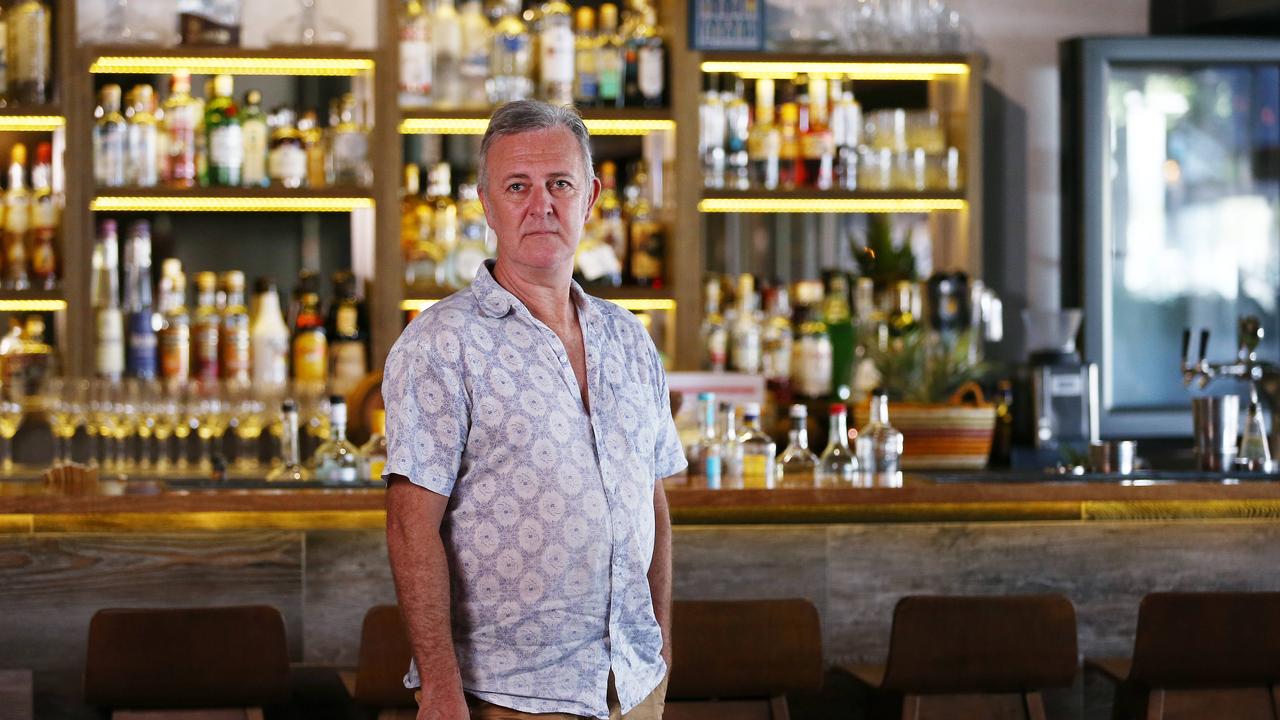
“Ratepayers will want to know where the money is going.”
Patricia O’Neill, Cairns Chamber’s CEO, said business owners were seeking support from the council because costs of trading had increased.
“Small businesses are the engine room of the local economy,” Ms O’Neill said.
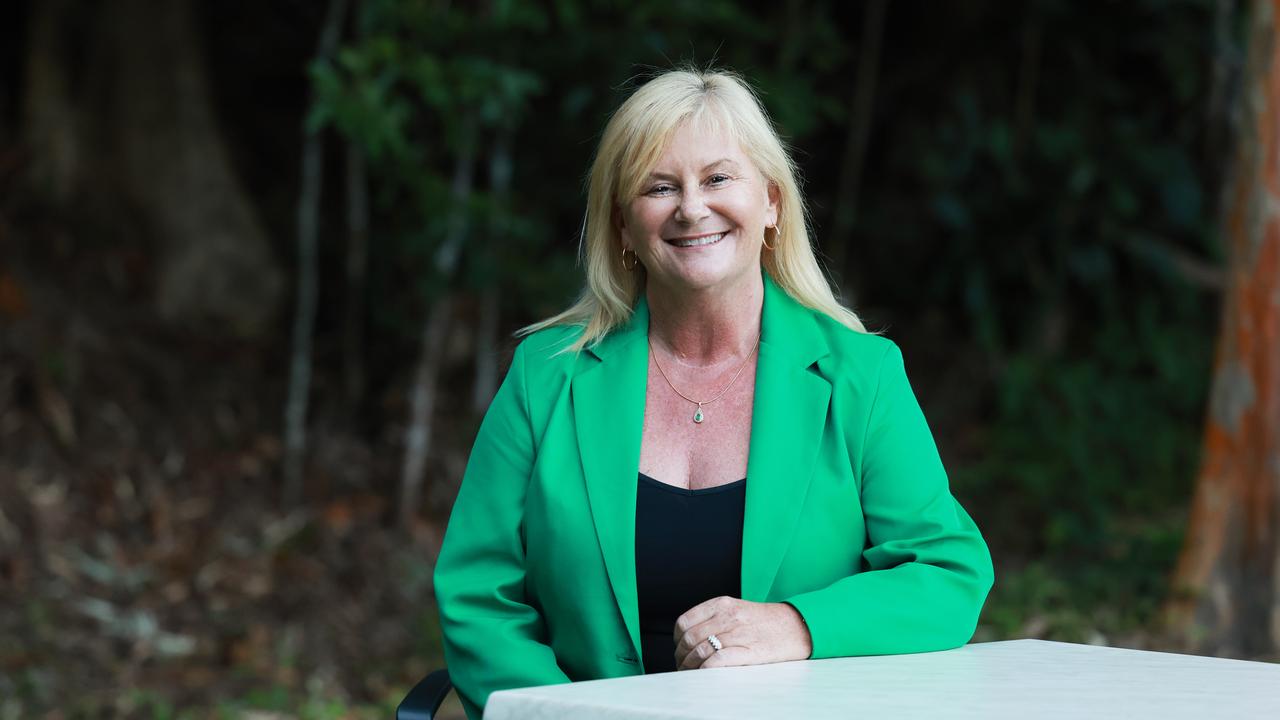
“To survive and thrive, they need to increase productivity, upskill and retain staff while controlling costs.
“(Council needs to) simplify the procurement and acquittal process … (and) revisit all fees and levies to assist with bringing down the cost of doing business.”
Activation of the CBD
Cairns’ CBD is decaying.
Businesses are leaving, the itinerant population is growing, new residential development has stalled and rates anti-social behaviour are climbing.
Sally Mlikota, CBC Staff Selection director and former Cairns Chamber president, said the city had become an unattractive place to live, socialise and do business.

“We’re a beautiful community, we’ve just got to keep it safe. I would not be walking around the esplanade on my own between 6pm and 6am. I think it’s a major issue,” Ms Mlikota said.
“A lot of business owners will not bring their businesses to the CBD.”
Nikki Huddy, director of Planz Town Planning, said too many major employers had been moved outside the CBD, which had detracted from the suburb’s vibrancy and economy.
“We don’t have a city centre, we have a hole in the doughnut – everything has been moved to the edges,” Ms Huddy said.
Planning and connectivity
Post-Jasper destruction has stressed the joints of a city that was already experiencing growing pains due to a bulging population.
Nikki Huddy, a town planning expert, said the amount of shaded footpaths, bike paths and safe cycling lanes in Cairns was insufficient to accommodate alternative transport needs.
“Most cities are able to absorb incremental growth up to 150,000 people, but then you get to a point where you need to duplicate services … including the road network,” Ms Huddy said.
“The benchmark of a good city is if you can shift modes of transport if you have to.

“After Covid, there has been a strong move to neighbourhoods. Making sure people have a vibrant neighbourhood precinct … and ensuring they have good connectivity to get there is something that needs to be supported and included in planning.
“We need to make sure we’re not just developing huge swathes of housing blocks. We’re letting ourselves down by not focusing on a mix of uses.”
Transparency and overreach
A sizeable section of the community has trust issues with the council after a succession of contentious issues in 2023.
The tenant tax, cashless operations, proposed Esplanade fishing ban, reform of general business motions, appointment of a new Division 4 councillor and Australia Day debacle were just some decisions that left a bad taste in people’s mouths, regardless of council’s motives.
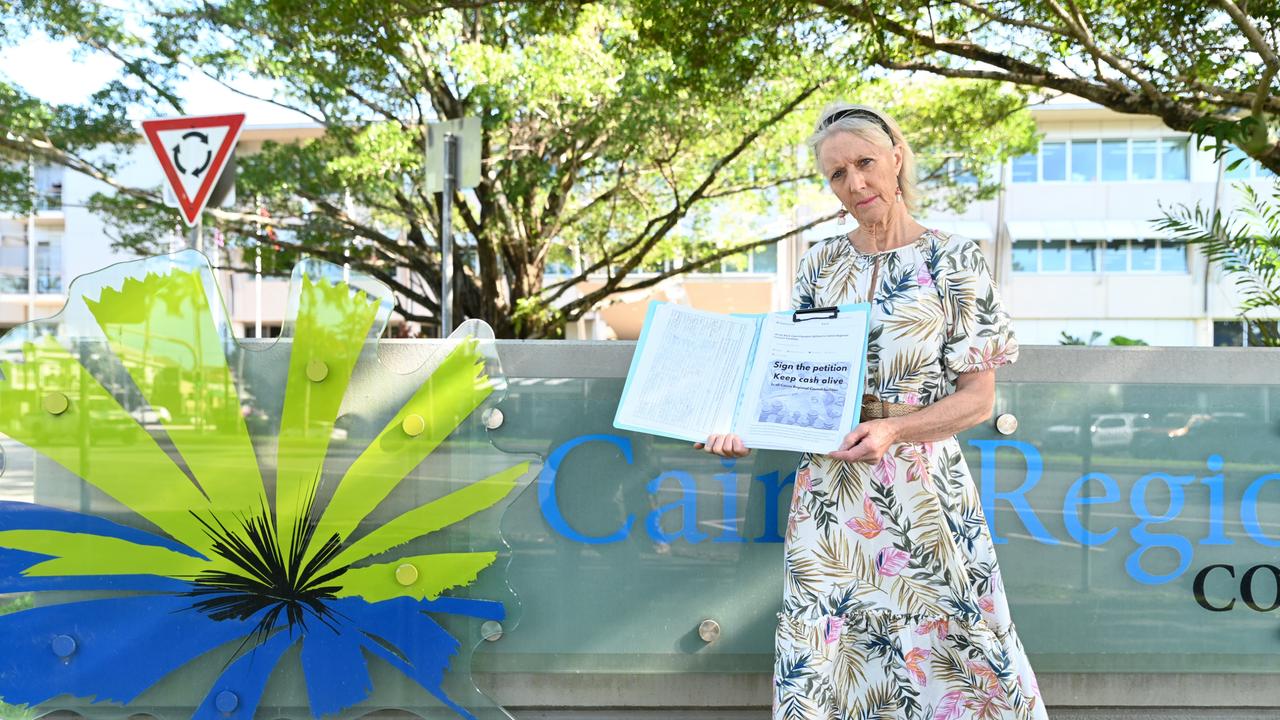
Mooroobool’s Frankie Hogan, who led thousands in a revolt against the cashless operations at council facilities, said some people no longer trusted the council.
“We want councillors to challenges bureaucrats on decisions they make,” Ms Hogan said.
“They are public servants, they work for us, not the other way around.”
Far North pharmaceutical businessman Nick Loukas said the council had overstepped its mark on certain political issues and needed to return its focus to its traditional values and business.
“The council needs to listen to the majority, not react to the loudest minority,” Mr Loukas said.

Teams vs. independents
The message from mayoral candidates that local government groups offer stability has not been heard by many residents who are clamouring for teams to be expelled from council.
Retiring Division 7 and Unity Team councillor Max O’Halloran acknowledged the anti-team sentiment wafting through the electorate but said teams were the only way to achieve progress; he pointed to the past Val Schier council that was gridlocked by factions and infighting.
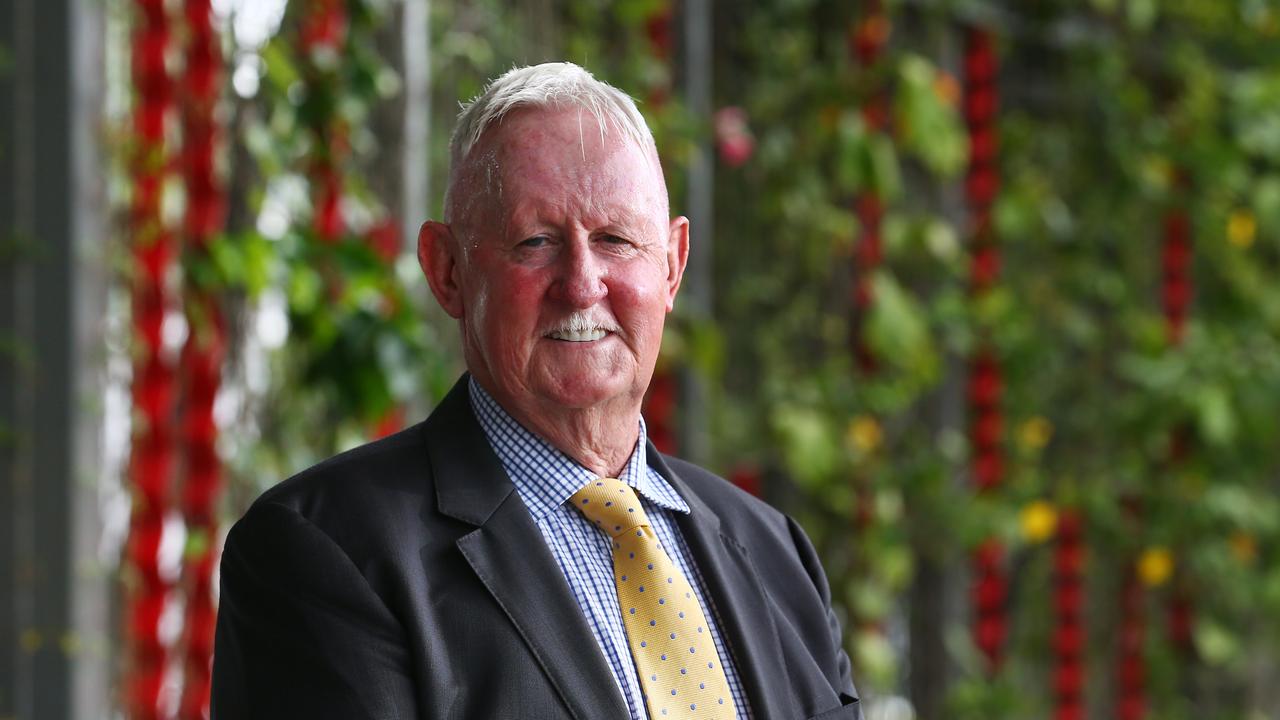
“We have never not supported the independents,” Mr O’Halloran said.
Darren Halpin, a prominent Far North developer and managing director of Halpin Partners, said times were uncertain and people wanted stability.
“For business, a whole new raft of people can be scary. We need confidence council is going to do the right thing,” Mr Halpin said.
“If we have another one or two terms of a stable council, we’ll be off and racing as a regional city.”
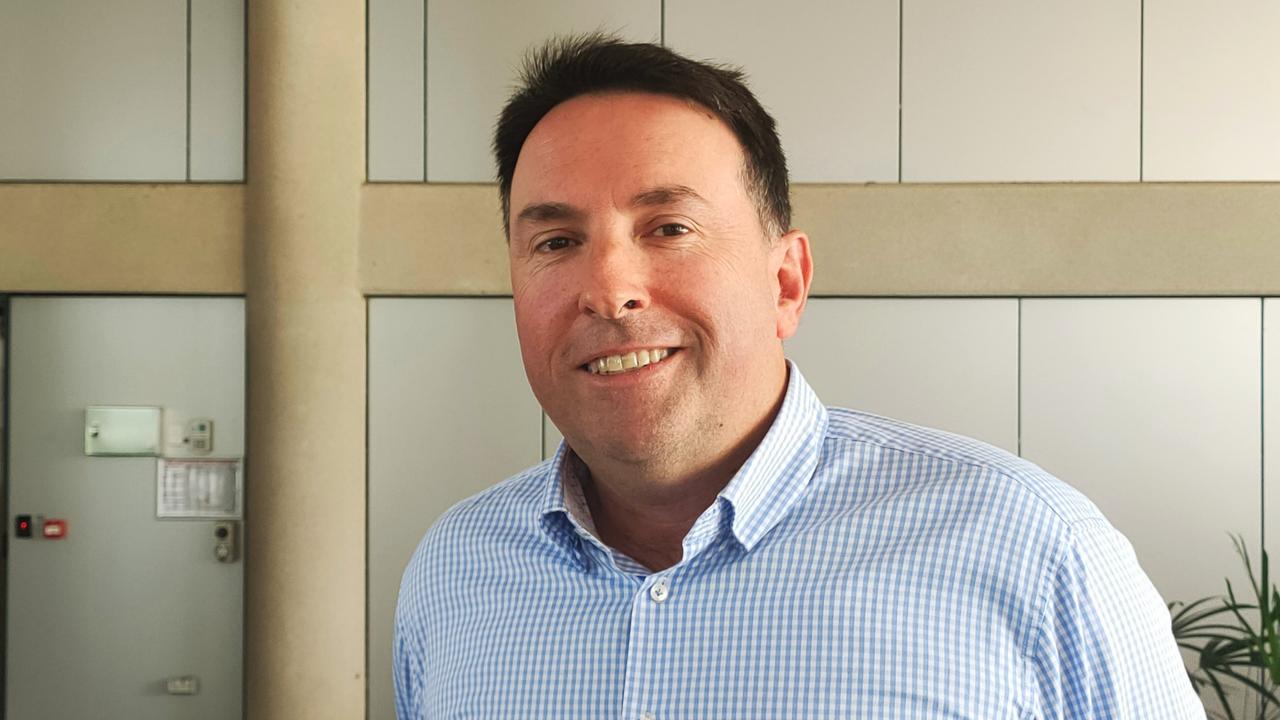
A compelling vision
Denis Donaghy, director of Destination Cairns, said it was time for the council to set another compelling vision for the city and add progress on keystone projects, such as the Wangetti Trail and CQU CBD campus, to its agenda.
“I hope people from council broaden their views a little bit. I haven’t heard any of the aspirants yet talking about the longer-term stuff,” Mr Donaghy said.

“We need to grow the city into a place where people want to live in the future.”
Local marketing and public relations expert Pip Miller said the council needed to tighten its embrace of arts and culture events that brought vibrancy, and tourists, to the city.
“Events are a huge money spinner for the economy,” Ms Miller said.
“Council could do more to help people put on the events and make sure there is a more visible presence.”
More Coverage
Originally published as ‘White-hot anger’: How the words of a late Cairns mayor have proven prescient ahead of election








